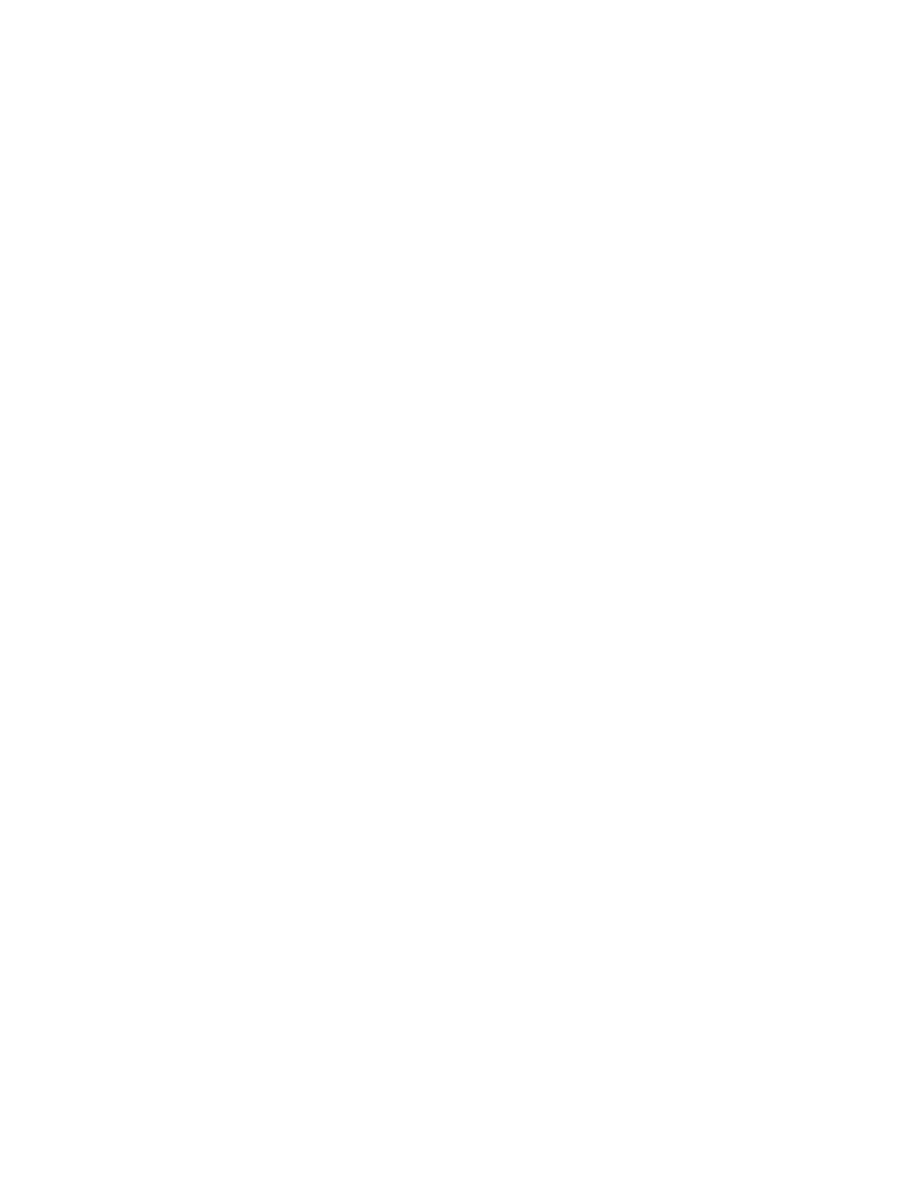
431
Federal Aviation Administration, DOT
§ 61.68
(v) Use of visual clues, their avail-
ability or limitations, and altitude at
which they are normally discernible at
reduced RVR readings;
(vi) Procedures and techniques re-
lated to transition from nonvisual to
visual flight during a final approach
under reduced RVR;
(vii) Effects of vertical and hori-
zontal windshear;
(viii) Characteristics and limitations
of the ILS and runway lighting system;
(ix) Characteristics and limitations
of the flight director system, auto ap-
proach coupler (including split axis
type if equipped), auto throttle system
(if equipped), and other required Cat-
egory II equipment;
(x) Assigned duties of the second in
command during Category II ap-
proaches, unless the aircraft for which
authorization is sought does not re-
quire a second in command; and
(xi) Instrument and equipment fail-
ure warning systems.
(2)
Flight increment. The following re-
quirements apply to the flight incre-
ment of the practical test:
(i) The flight increment must be con-
ducted in an aircraft of the same cat-
egory, class, and type, as applicable, as
the aircraft in which the authorization
is sought or in a flight simulator
that—
(A) Represents an aircraft of the
same category and class, and type, as
applicable, as the aircraft in which the
authorization is sought; and
(B) Is used in accordance with an ap-
proved course conducted by a training
center certificated under part 142 of
this chapter.
(ii) The flight increment must con-
sist of at least two ILS approaches to
100 feet AGL including at least one
landing and one missed approach.
(iii) All approaches performed during
the flight increment must be made
with the use of an approved flight con-
trol guidance system, except if an ap-
proved auto approach coupler is in-
stalled, at least one approach must be
hand flown using flight director com-
mands.
(iv) If a multiengine airplane with
the performance capability to execute
a missed approach with one engine in-
operative is used for the practical test,
the flight increment must include the
performance of one missed approach
with an engine, which shall be the
most critical engine, if applicable, set
at idle or zero thrust before reaching
the middle marker.
(v) If a multiengine flight simulator
or multiengine flight training device is
used for the practical test, the appli-
cant must execute a missed approach
with the most critical engine, if appli-
cable, failed.
(vi) For an authorization for an air-
craft that requires a type rating, the
practical test must be performed in co-
ordination with a second in command
who holds a type rating in the aircraft
in which the authorization is sought.
(vii) Oral questioning may be con-
ducted at any time during a practical
test.
[Doc. No. 25910, 62 FR 16298, Apr. 4, 1997;
Amdt. 61–103, 62 FR 40900, July 30, 1997]
§ 61.68
Category III pilot authorization
requirements.
(a)
General. A person who applies for
a Category III pilot authorization must
hold:
(1) At least a private pilot certificate
or commercial pilot certificate with an
instrument rating or an airline trans-
port pilot certificate;
(2) A type rating for the aircraft for
which the authorization is sought if
that aircraft requires a type rating;
and
(3) A category and class rating for
the aircraft for which the authoriza-
tion is sought.
(b)
Experience requirements. An appli-
cant for a Category III pilot authoriza-
tion must have at least—
(1) 50 hours of night flight time as
pilot in command.
(2) 75 hours of instrument flight time
during actual or simulated instrument
conditions that may include not more
than—
(i) A combination of 25 hours of simu-
lated instrument flight time in a flight
simulator or flight training device; or
(ii) 40 hours of simulated instrument
flight time if accomplished in an ap-
proved course conducted by an appro-
priately rated training center certifi-
cated under part 142 of this chapter.
(3) 250 hours of cross-country flight
time as pilot in command.
VerDate Mar<15>2010
20:48 Jan 30, 2014
Jkt 232047
PO 00000
Frm 00441
Fmt 8010
Sfmt 8002
Q:\14\14V2.TXT
ofr150
PsN: PC150